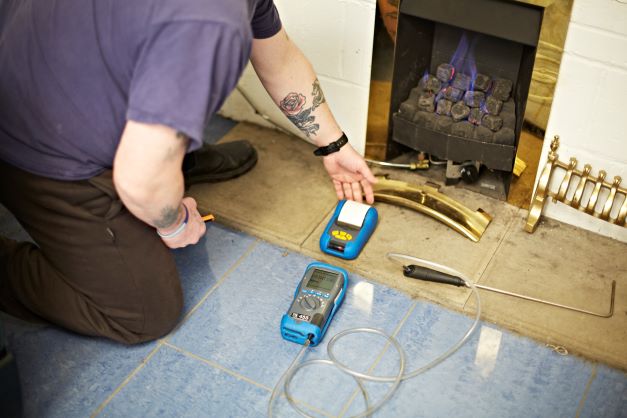
Given the emergence of heat pumps and even more recently the newfound potential for hydrogen boilers, it’s only natural to have questions regarding the longevity of gas appliances, and to wonder whether it’s still worth pursuing a career within the industry.
Despite the demand for new, more sustainable energy sources seeing a necessary increase in recent years, 86% of UK homes actually still use gas as the fuel for their central heating systems. That figure alone signals that the skills of qualified gas engineers are still very much required, and will be for the foreseeable.
But how does the shifting landscape affect the future of the industry, those currently working within it and those debating entering it? Below we take a look at the new technologies and why qualified gas engineers still hold a vital place moving forward.
Heat pumps
Heat Pumps have become more commonplace in the UK and are likely next in line to replace gas boilers. However, generally speaking, at the minute they’re only a realistic solution in new-build homes.
The new alternative forms a major part of government construction plans, which aim to install 600,000 heat pumps per year by 2028—though the sheer cost of this new technology means it won’t be taking over gas anytime in the immediate future. A report from the Committee on Climate Change says it would cost £26,300 to install low-carbon heating in an existing house, significantly more than in a new home, which would cost £4,800.
Hydrogen boilers
Hydrogen boilers are similar to traditional boilers in terms of setup and operation, which is why many believe they could be the ideal long-term solution to decarbonising our homes. The only by-product when burning hydrogen is water, making them a much cleaner method of generating heat.
However, again, it will be an incredibly long time before the UK adopts hydrogen boilers as a mainstream solution. While many manufacturers have begun developing ‘hydrogen ready’ boilers, there are no concrete plans to introduce hydrogen gas supplies, and a firm government decision on when there will be isn’t expected until 2026.
The future is bright for gas engineers
Headlines about gas boilers being banned in homes from 2025 can be a little daunting for anyone connected to the industry. However, this new legislation only applies to new-build properties and not to existing homes and boilers. In fact, the sale of gas boilers is expected to be permitted until 2035, with that benchmark already rumoured to be being pushed back a further five years due to concerns over the cost of switching.
There are still an estimated 22 million gas-fueled boilers across the UK, meaning it’ll be decades before we see any major shifts in the current industry model and day-to-day tasks for typical gas engineers. Beyond that, once things do finally begin to change, it’ll be those with an in-depth understanding of gas that will be called upon to help the nation make the transition.
Whether this be decommissioning the current gas systems, or installing the new technologies, the future for qualified gas engineers, if anything, is more exciting and potentially lucrative than ever before as the UK moves towards a brand new phase of environmentally-conscious solutions.
If you’re debating a career in gas engineering and need any guidance in what training course is right for you, we’d love to chat. Give us a call on 01322 280 202, request a brochure or visit our training centre for a chat.